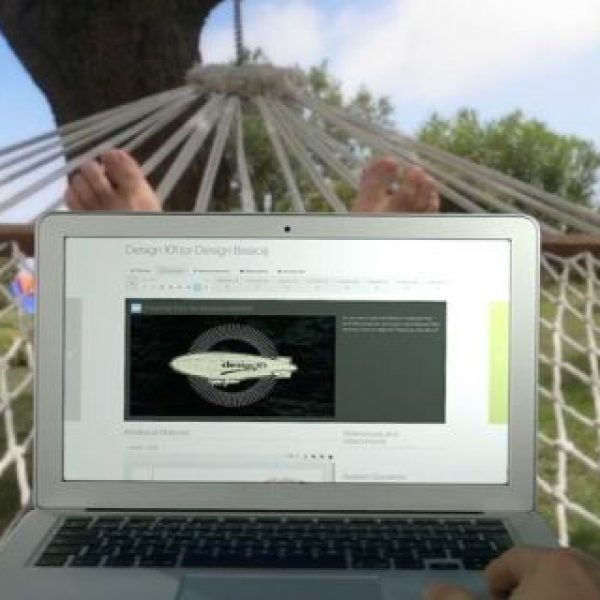
Course starts: 1 March 2016
Open to: students and practitioners interested in topics of migration
Course track: Audit Track for free, Certificate Track – EUR 49
About the course
The course approaches migration as a constant phenomenon in human history and examines its main supporting theories. It illustrates theories about people’s individual decisions to migrate and also the factors of migration as a structural feature of our societies. It explains the role social networks and institutions play in making people move to another country, or return to their own. Finally, it includes interviews with international experts.
The course is based on video lectures, didactic videos and podcast interviews with international experts. Assignments consist of short quizzes for each unit and a journal exercise at the end of the course. To learn more about irregular migration and asylum seeking, check out Part 1: Facts.
Eligibility
- Students and practitioners;
- Excess to the internet;
- Knowledge of English language is essential;
- Previous knowledge of basic sociological or economic debates can be an advantage, although this is not a compulsory prerequisite;
- The only other requirement is enthusiasm and interest in the topic.
What will you learn?
- Identify the fundamental terminology used in theoretical debates on migration;
- Illustrate the main theoretical approaches that explain the motivations for people to move and settle outside their home countries;
- Apply main theories to the interpretation of real case studies.
How to enroll?
You can enroll for FREE at the iversity platform HERE. You can certify your learning by choosing the certificate track or simply audit the course without a certificate – Audit Track for free, Certificate Track – EUR 49.
For more information please visit the official website.


